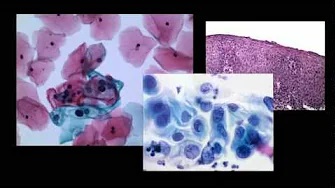Document Type
Article
Publication Date
10-1-2008
Abstract
The authors developed a novel continuous quality improvement (CQI) process for academic biomedical research compliance administration. A challenge in developing a quality improvement program in a nonbusiness environment is that the terminology and processes are often foreign. Rather than training staff in an existing quality improvement process, the authors opted to develop a novel process based on the scientific method--a paradigm familiar to all team members. The CQI process included our research compliance units. Unit leaders identified problems in compliance administration where a resolution would have a positive impact and which could be resolved or improved with current resources. They then generated testable hypotheses about a change to standard practice expected to improve the problem, and they developed methods and metrics to assess the impact of the change. The CQI process was managed in a "peer review" environment. The program included processes to reduce the incidence of infections in animal colonies, decrease research protocol-approval times, improve compliance and protection of animal and human research subjects, and improve research protocol quality. This novel CQI approach is well suited to the needs and the unique processes of research compliance administration. Using the scientific method as the improvement paradigm fostered acceptance of the project by unit leaders and facilitated the development of specific improvement projects. These quality initiatives will allow us to improve support for investigators while ensuring that compliance standards continue to be met. We believe that our CQI process can readily be used in other academically based offices of research.
Recommended Citation
Nolte KB, Stewart DM, O'Hair KC, Gannon WL, Briggs MS, Barron AM, Pointer J, Larson RS. Speaking the right language: the scientific method as a framework for a continuous quality improvement program within academic medical research compliance units. Acad Med. 2008 Oct;83(10):941-8. doi: 10.1097/ACM.0b013e3181850b2a. PMID: 18820524.

